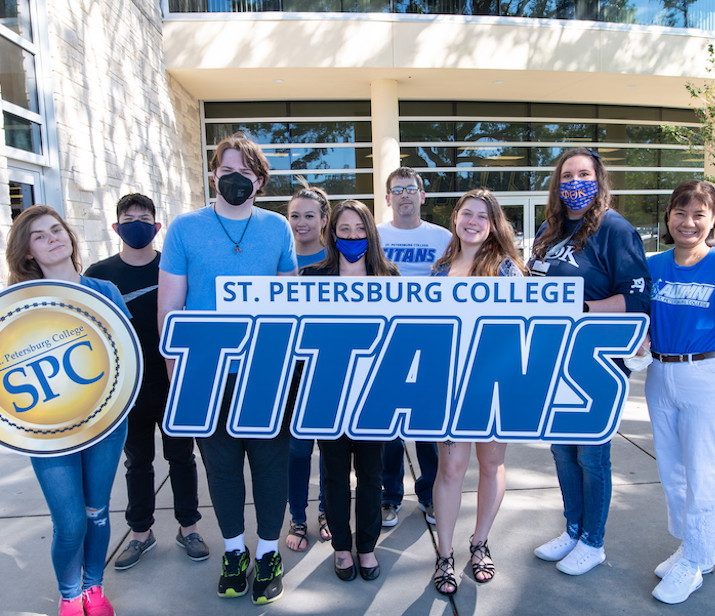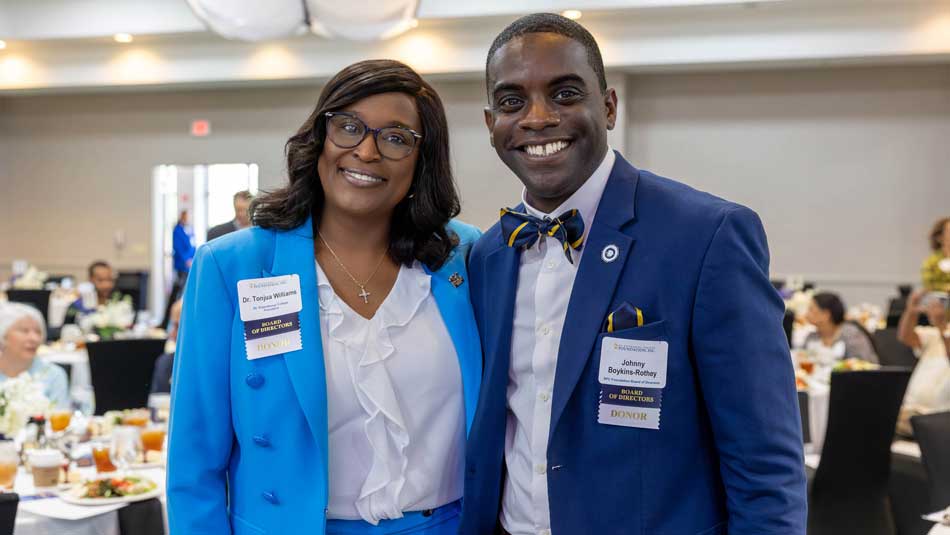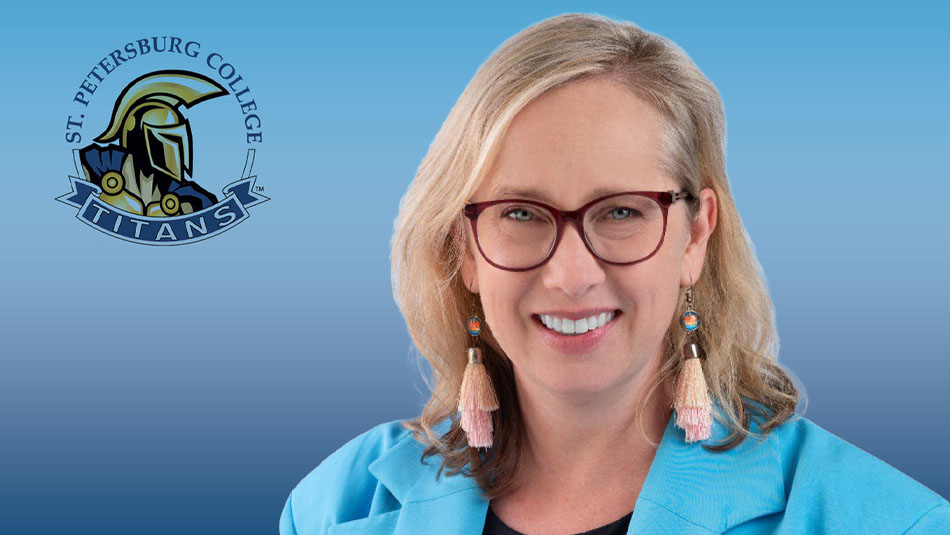The St. Petersburg College Foundation supports the mission and vision of SPC and promotes philanthropic community partnerships with individuals and organizations to make a lasting impact on the lives of SPC students. Whether the first in their family to attend college, returning veterans, graduating high school seniors, or experienced workers retooling their skills, we are preparing the future leaders of our community.
Saint Petersburg College Foundation Home Page
Foundation News
Our Donors
The generosity, passion and commitment of our donors support SPC initiatives and scholarships, ensuring our students can accomplish their goals and realize their dreams.

Student Success
SPC empowers our students to achieve success and economic mobility. Their success is our priority, which drives us to provide support and a variety of resources for their entire educational journey.

Get Involved
The SPC Foundation holds numerous events throughout the year, including the annual Scholarship Appreciation Luncheon attended by donors, partners, student recipients and college leadership.






